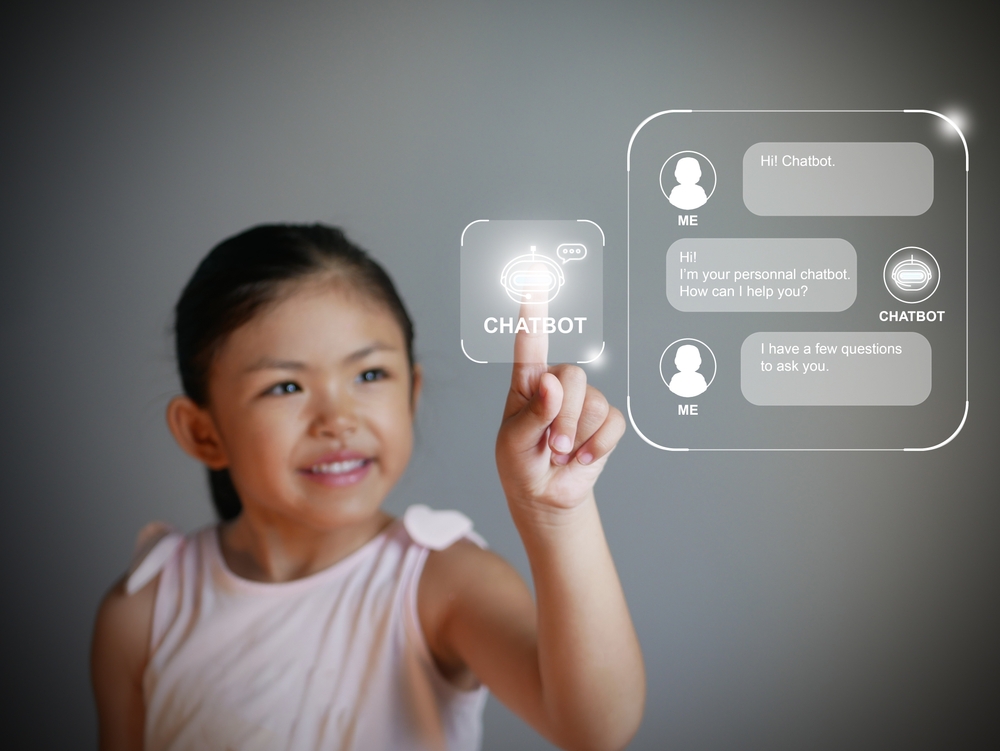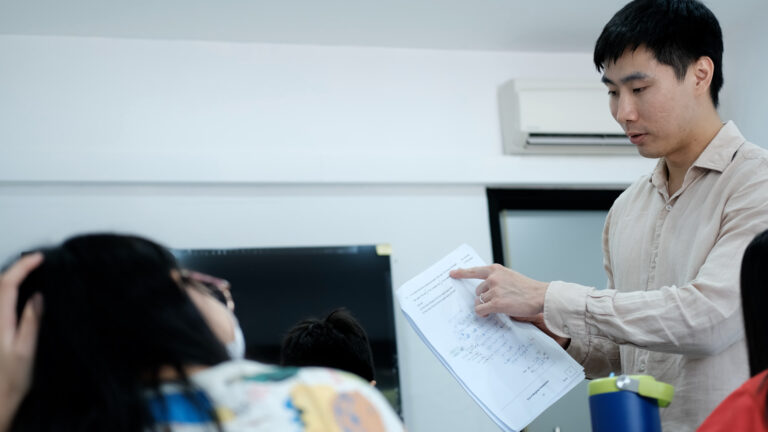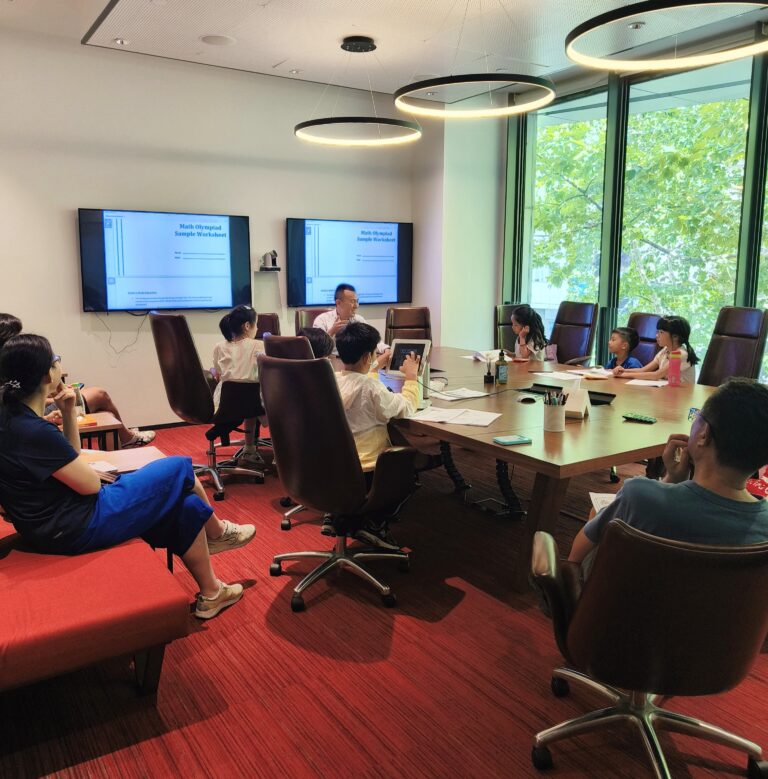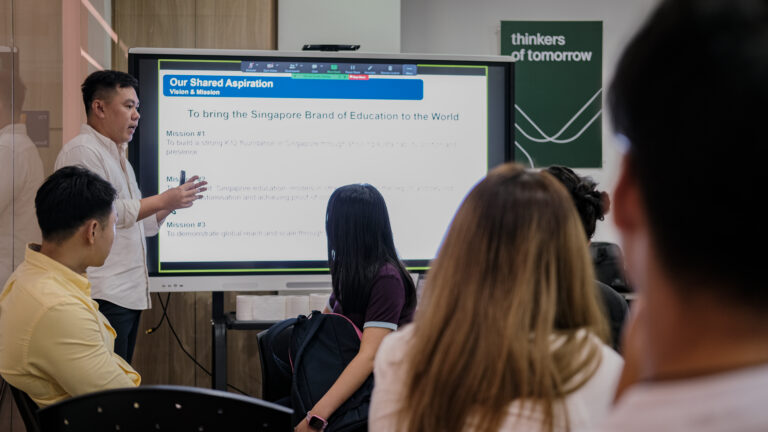In the ever-evolving landscape of education, the introduction of ChatGPT, an AI chatbot capable of generating detailed and coherent responses to natural language prompts, ignited a passionate global debate not too long ago. Parents, educators, and experts worldwide are pondering the implications of this revolutionary technology for our children’s learning journey. While valid concerns about plagiarism and over-reliance on AI deserve consideration, it’s crucial not to overlook the incredible potential ChatGPT holds to supercharge your child’s education right here in Singapore.
At its best, ChatGPT is an interactive personal tutor that tirelessly answers students’ questions and provides customised explanations. As NUS lecturer Zhang Jingna noted, ChatGPT allows students to get instant feedback on their work by having the AI review drafts, facilitating improvement through an iterative process. Students can also use ChatGPT for active recall and knowledge consolidation by having the AI quiz them on concepts. ChatGPT’s conversational nature makes it ideal for clearing up confusion on academic topics through back-and-forth dialogue. And the AI’s tireless patience means students can ask as many follow-up questions as they need to deepen understanding, unlike a human tutor.
As Education Minister Chan Chun Sing stated, ChatGPT will be added to the national curriculum to teach students how to use AI tools responsibly. Schools will educate students on issues like verifying information critically, citing sources properly, and using AI ethically. The goal is to equip students with skills to harness AI while mitigating risks like overreliance. As Chan outlined; the goal is not to reject new tech like ChatGPT outright but to find responsible ways to employ it through guidance and curriculum.
Importantly, ChatGPT is well-suited for Singapore’s education system’s focus on self-directed learning. With proper guidance, students can use ChatGPT proactively to enrich their knowledge. A student intrigued by genetics can ask ChatGPT to explain key concepts in layman terms. Another can query ChatGPT to recommend articles analysing the causes of World War II as background reading. Such curiosity-driven, independent learning is invaluable.
ChatGPT also aligns with Singapore’s emphasis on mastery of multiple languages. Students struggling with Chinese vocabulary or essay structures can consult ChatGPT for concise, bilingual explanations tailored to their proficiency. The tool provides error-free model sentences and passages for imitation and language practice. While not a substitute for actual human interaction, it meaningfully supplements language acquisition.
The successful integration of AI into Singapore’s education system requires foresight and prudent regulation. This means ensuring that AI is used ethically, transparently, and securely. It also entails providing training and support to educators to effectively incorporate AI tools into their teaching methods.
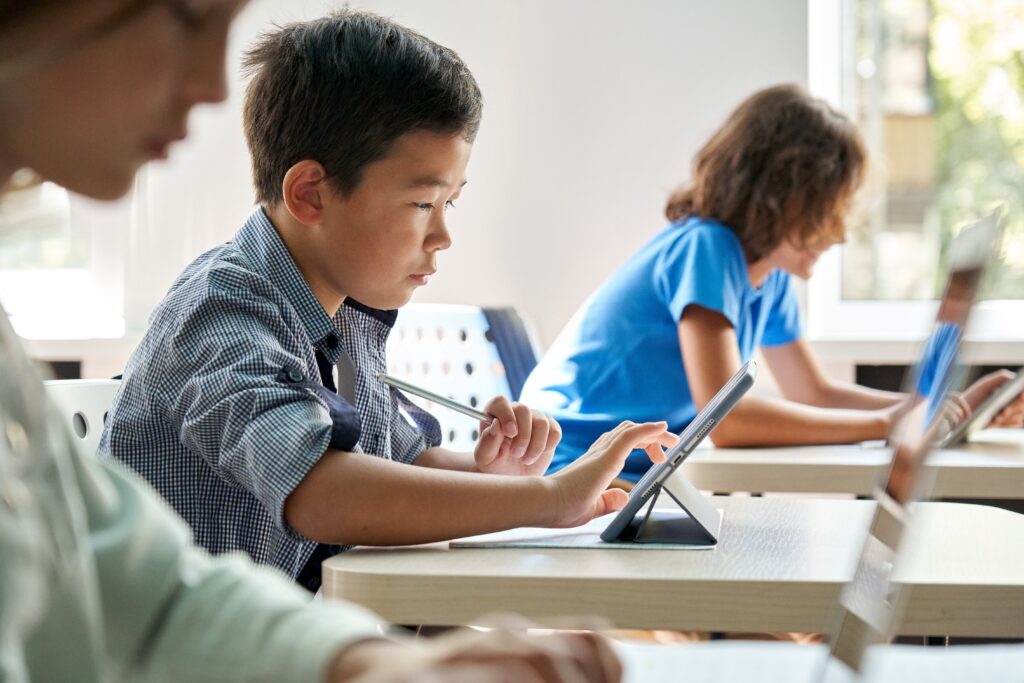
The time to embrace AI in education is now, as the potential benefits far outweigh the challenges. Ignoring the promise of AI in education could put Singaporean students at a disadvantage in an increasingly competitive global landscape. By taking deliberate steps to integrate AI into the education system, Singapore can continue to lead the way in providing high-quality, personalized learning experiences for every student, ensuring that they are well-prepared for the challenges and opportunities of the future.
